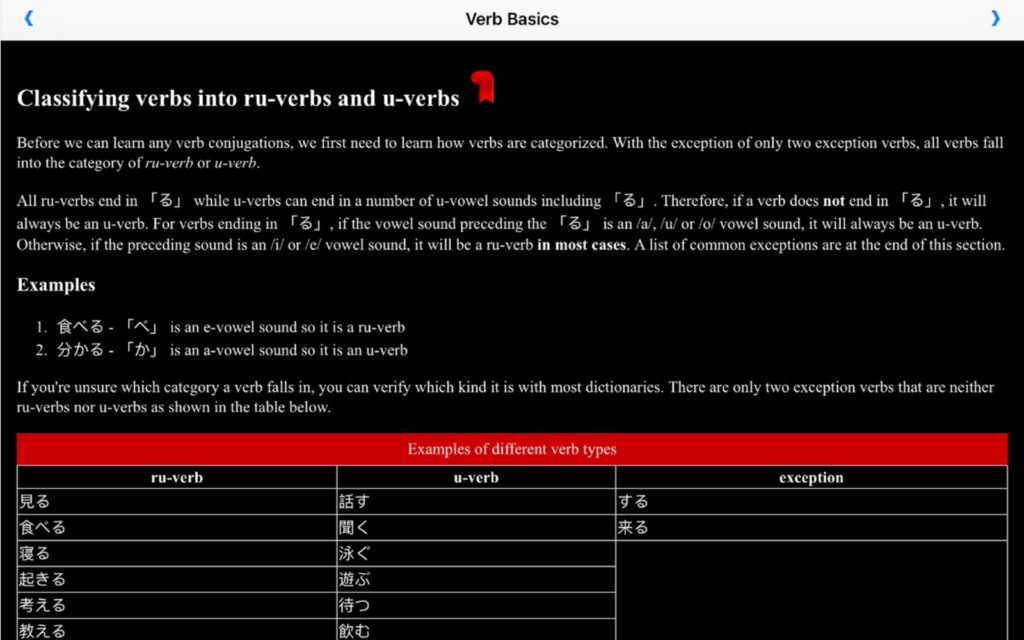

A blade above the heart = "endure" or "spy."
To endure as a spy, you must be willing to endure even a blade against your heart. As I just said, this means "endure conceal spy" and is itself made up of two kanji parts: Yep, that the kanji characters for NINJA!įollow this progression and see if you can remember it: A simple example is 大 dai which means "big" or "great" and 好き suki which means "like." if you had never heard of daisuki, you can imagine the two kanji in your head and get a sense of the meaning: "big like" or "love." Sometimes, you can imagine the kanji for the sounds you hear and deduce the meaning of a new word. In some cases, by thinking in kanji, you can understand vocabulary words you have never heard. In some cases, Japanese people will air-draw kanji to illustrate which homophone they mean-and this is real conversational Japanese. Kanji makes it clear what the intended meaning is. 3) Japanese has a limited number of sounds.īecause of this, there are a remarkable number of homophones, words that are pronounced the same but have a different meaning. Kanji helps break that up while instantly conveying meaning. With no spaces between words, long texts only in hiragana is a challenge. This makes skimming text easier in Japanese-if you know kanji. 
2) The primary function of kanji is to convey meaning at a glance. Signs, menus, newspapers, novels, and TV shows all have kanji in your face. It is also written, and if you have ever been to Japan, kanji is written everywhere. 1) Japanese isn't just spoken or heard while watching Anime. Well, yes, but you will be severely hampered.

Before we go any further, why even bother with kanji? It is certainly the most challenging part of learning Japanese, and can't people just concentrate on conversational Japanese?







 0 kommentar(er)
0 kommentar(er)
